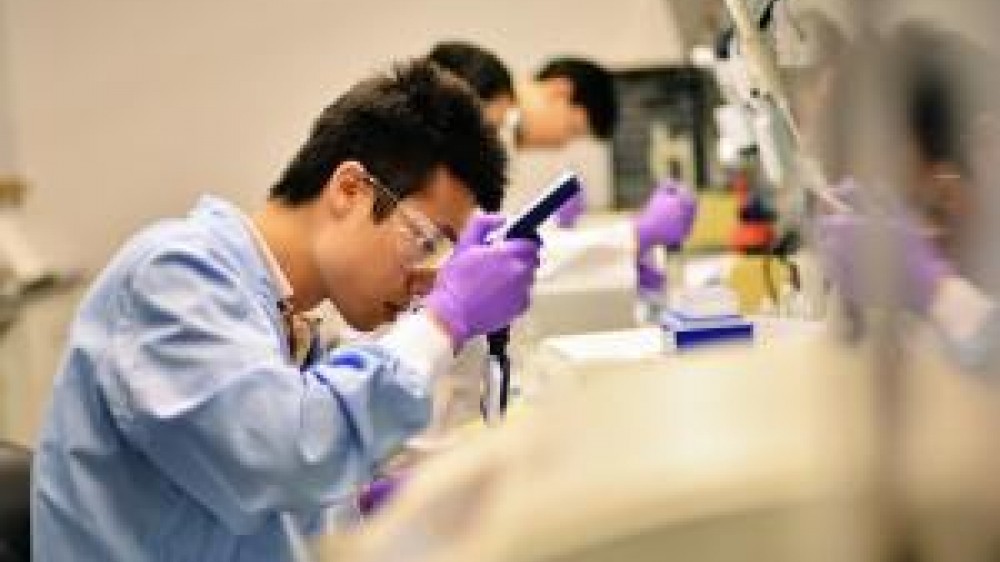Seven new NC3Rs fellowships announced

We are pleased to announce seven new fellowships, a commitment of nearly £1.2 million to support talented early career scientists in the discovery and development of new technologies and approaches to replace, reduce and refine the use of animals in scientific research.
We provide two types of fellowship awards: Training Fellowships for researchers with less than three years post-doctoral experience and the intermediate career stage David Sainsbury Fellowships for researchers with two to six years of post-doctoral experience.
To meet all our fellows, visit:
The new awards are as follows:
David Sainsbury Fellowships
Dr Maria Duque Correa, Wellcome Trust Sanger Institute
Intestinal organoids as a replacement strategy to unravel early host intestinal epithelia interactions with whipworms
Maria’s research focuses on developing 3D intestinal organoids or ‘mini guts’ as an alternative to mouse models for studying whipworm infection, a major tropical disease that particularly affects children.
Dr Riccardo Storchi, Faculty of Life Sciences, University of Manchester
Interrogating the mouse visual system by automated analysis of voluntary behaviour
Riccardo’s research focuses on new methods to assess visual perception in mice based on spontaneous mouse behaviour. The new technique tracks multiple body points automatically, obtaining more information from the same animal and making the tests more reliable, potentially reducing the number of mice used as a result.
Dr David Turner, Department of Genetics, University of Cambridge
The establishment of left-right asymmetry in mammalian development
David’s research focuses on using 3D organoid structures called ‘gastruloids’ to study the process of left-right asymmetry during embryonic development. Currently the only way of studying this important biological process is using mouse embryos, typically transgenic animals, and the gastruloids present an opportunity to minimise this.
Training Fellowships
Dr Sara Gago, University of Manchester
Development of new experimental models to understand the genetic basis of allergic bronchopulmonary aspergillosis (ABPA)
Sara’s research focuses on developing an in vitro model to study allergic bronchopulmonary aspergillosis (ABPA), a progressive lung disease that often affects asthmatics. Transgenic mice are typically used as models and Sara’s work has the potential to replace some animal studies for understanding disease pathogenesis.
Dr Deepali Pal, Northern Institute for Cancer Research, Newcastle University
An industrial standard cancer drug development platform using human induced pluripotent stem cell technology
Deepali’s research focuses on avoiding the use of mice to expand leukaemia cells from patients for research purposes by developing a platform where the cells are supported by ‘feeder’ stem cells derived from the human bone-marrow.
Dr Mark Rigby, MRC Centre - Developmental Neurobiology, King’s College London
Training in hIPSC differentiation protocols to generate motor neuron-muscle cultures to replace rat models in study of mitochondria on axon physiology
Mark’s research focuses on combining stem cell technologies with microfluidics to develop a neuromuscular junction that can be used to answer some questions that currently use rats in studies of neurodegenerative disorders such as amyotrophic lateral sclerosis.
Dr Xiao Wan, Department of Oncology, University of Oxford
Developing human organotypic perfused bioreactors for physiologically reproducible therapeutic compound screening of a tumour microenvironment
Xiao’s research focuses on developing bioreactors that more accurately recapitulate the tumour microenvironment, including the interplay of tumour and stromal cells, than current in vitro systems, by including perfusion by blood vessels.
